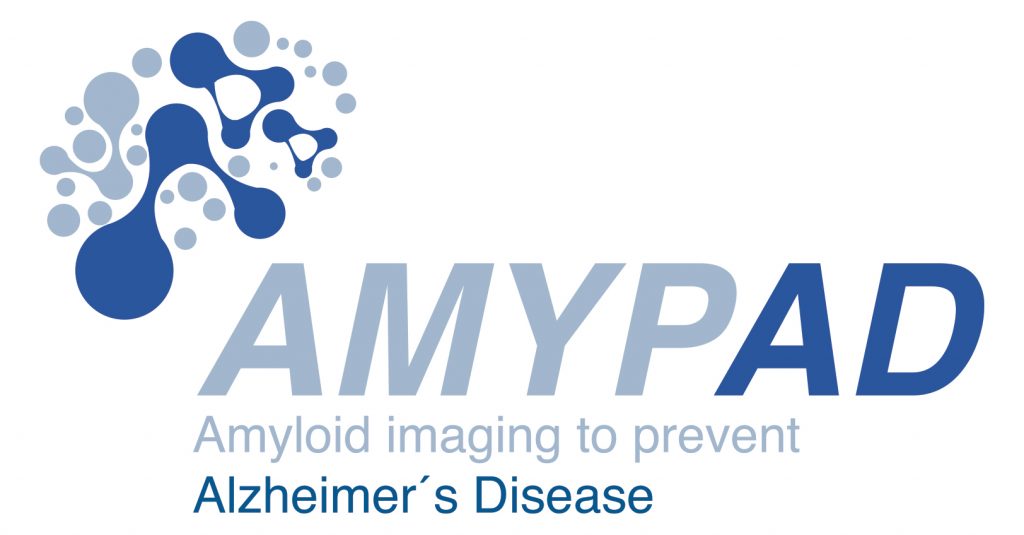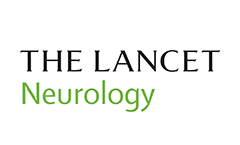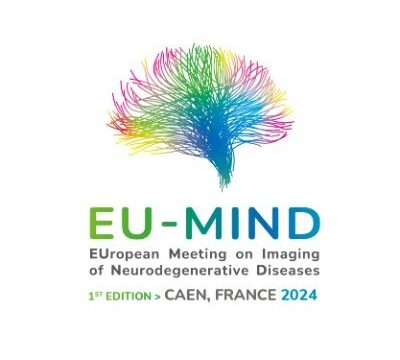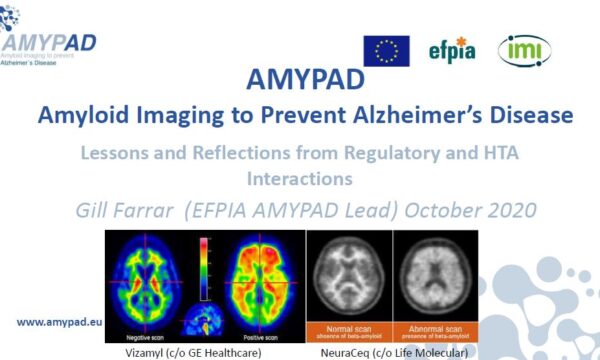The past months have seen good progress in the AMYPAD Prognostic Natural History Study (PNHS), with the activation of new sites and the increased recruitment rate. 5 Wave 1 sites (VUmc, UEDIN, BBRC, UNIGE and CHUT) are now active and recruiting participants. CHUT (Toulouse) and UNIGE (Geneva) have both been activated within the last quarter. As of the end of August 2019, 454 subjects have been informed of which 220 consented. A total of 157 participants have been scanned so far. We also received approval for the amendment to include Wave-2 sites in France, The UK, Sweden and Spain. The following quarter will see these sites becoming activated.
We have recognised the need to engage additional ongoing cohorts from which to recruit in order to achieve our goal of recruiting up to 2,000 participants. As such, considerable progress has been made in the identification and inclusion of non-EPAD cohorts as parent cohorts for the PNHS. The first non-EPAD cohort started recruiting at the VUmc (Amsterdam) in May 2019, this is called the EMIF-AD Twin cohort. As expected, this additional cohort has really helped boost recruitment. Furthermore, two other cohorts have recently been approved for inclusion: ALFA+ in BBRC (Barcelona) and GAP in CITA (San Sebastian) became the second and third non-EPAD cohorts to join the PNHS. Additional cohorts have already been approached to assess the potential of an AMYPAD PNHS collaboration, details of these cohorts will follow in due course.
The expectation is that the recruitment rate continues to increase with the approval and activation of Wave-1, 2 sites and non-EPAD cohorts reaching approximately 500 subjects enrolled by the end of the year. Considering the recent progress, we are confident that the AMYPAD PNHS will reach its objectives by the end of the project.



